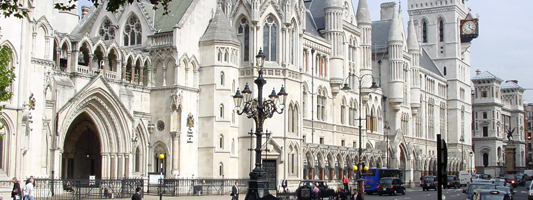The Court of Appeal is expected to hand down a significant workplace judgment next week in relation to whistleblowing laws.
The Chesterton Global Ltd and another v Nurmohamed case focussed on the public interest test which was introduced into whistleblowing law as part of changes to the Employment Rights Act 1996.
“This is a crucial case and many businesses will be keeping a close eye on the outcome, particularly in relation to how many other people must be affected by the subject of a particular disclosure for it to be considered to be in the public interest,” says Melanie Stancliffe, an employment partner at law firm Irwin Mitchell.
Background
Since June 2013, a whistleblower is only protected if he or she reasonably believes that the disclosure made is “in the public interest”. The change followed cases like that of Parkins v Sodexho (2002). In this case, Mr Parkins complained of breaches of his own employment contract and was found to have made a protected disclosure.
However, now individuals must show that they ‘reasonably believe’ that their disclosure was made ‘in the public interest’. This has led to confusion in terms of how many people must be affected before a disclosure can be said to meet the criteria.
The case
In what is regarded as a landmark case, Mr Nurmohamed worked for the estate agency Chestertons and brought a whistleblowing claim. He alleged that he and his fellow managers received a lower bonus and less commission as a result of the company falsifying the accounts.
Mr Nurmohamed argued that about 100 other managers were affected and claimed that, as a result of the number of people involved, the act of whistleblowing was in the public interest.
In considering whether the public interest test was fulfilled, the Employment Tribunal found in favour of Mr Nurmohamed and upheld his claims. It accepted that a group of 100 people constituted the definition of ‘the public’ and stated that the ‘public’ can mean a section of the public rather than the public en masse.
Following an appeal by Chestertons, the Employment Appeal Tribunal (EAT) upheld the tribunal decision EAT. It appealed further to the Court of Appeal which heard the case on 8 June 2017. It is expected to hand down its ruling on 11 July.


